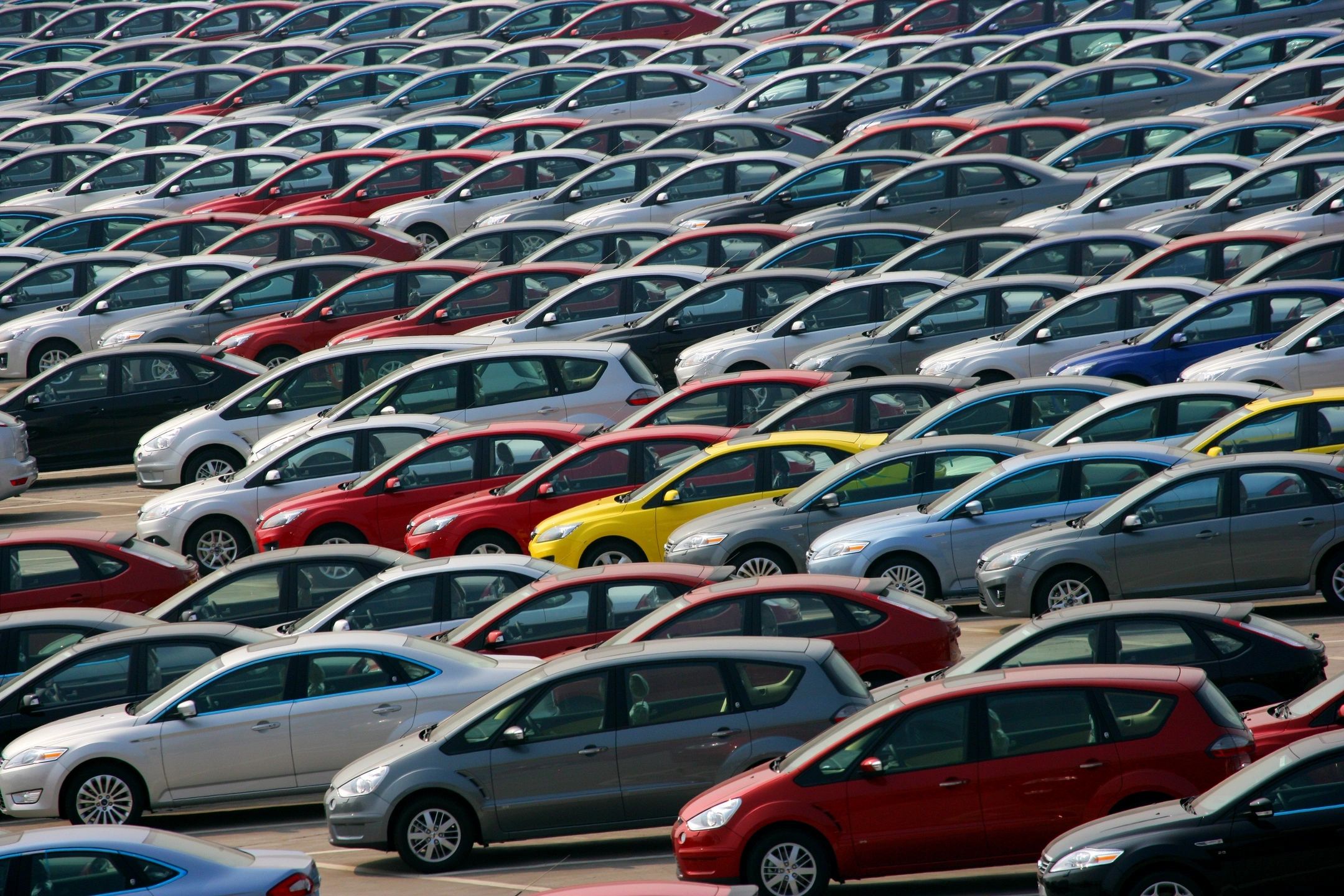Is The Cost of Car Ownership Still Worth It? I Ran the Numbers
Living in London, I started to question whether the cost of car ownership — for something I only use once or twice a week — is really worth it. So I did what any curious personal finance nerd would do: I crunched the numbers.
A Personal Dilemma: Do I Really Need This Car?
I live in London — a city where public transport is generally good, street parking is a nightmare, and the council now charges a growing fee just for the privilege of leaving your car outside your home. My car, a decent enough second-hand one I paid for outright, mostly sits unused Monday to Friday. I typically only drive on weekends to visit family or go out for dinner, and there’s the annual Christmas tree run. That’s about it.
With costs creeping up in every corner of life, and the likelihood of having to replace my car in the future growing, I started wondering: could I save money by ditching the car altogether and relying on taxis, ride-hailing apps, or car clubs instead?
Let’s break it down.
Table of Contents
Scenario 1: The Cost of Replacing a Car With a New One
Let’s say I was buying a new car today — a modest, average vehicle.
- Average cost of a new car in the UK: £24,600
- Finance payments (avg ~£600/month): ~ £7,200/year
- Car insurance (London, age Mid-30s): ~£850/year
- Petrol (light weekend driving): ~£60/month = £720/year
- MOT and servicing: £250/year
- Road tax: £180/year
- Resident parking permit: £150/year
- Miscellaneous fees and depreciation: £500+/year (conservative)
💰 Total annual cost: ~£9,850
That’s over £800 a month for something I barely use. And that’s without factoring in the hassle — looking for parking, renewing insurance, or dealing with the odd maintenance issue.
Scenario 2: The Cost of Replacing with another Second-Hand Car
This one hits closer to home, as it reflects my real situation. Let’s say I bought an average second-hand car to replace mine when it finally gives up.
- Average second-hand car price: £9,100
- Monthly finance payments (£300/month) = £3,600/year
- Car insurance: £850/year
- Petrol: £60/month = £720/year
- MOT and servicing: £300/year
- Road tax: £180/year
- Resident parking permit: £150/year
- Depreciation and unexpected repairs: ~£500/year
💰 Total annual cost: ~£5,850
That’s still over £480 a month, for a car that’s used once or twice a week. It’s certainly cheaper than financing a new one, but it’s not exactly cheap.
Scenario 3: What If I Just Took Taxis Instead?
Let’s estimate the cost of replacing all car journeys with Uber or Bolt.
Most of my driving involves:
- A weekend trip to visit family (~1 hour each way): £35 each way
- The occasional evening meal out (within London): £15 each way
- Let’s say 2–3 Uber trips a week, 45–50 weeks a year
Being generous:
- Average Uber trip cost: £20
- 3 trips per week: 150 trips/year
- Total cost: 150 × £20 = £3,000/year
If I scale back to just the essential weekend family trips:
- 1 return trip/week × 50 weeks × £70 = £3,500/year
💰 Estimated taxi-only cost: £3,000–£3,500/year
That’s a little more than the what I’m paying currently, and considerably less if I had to replace with another second-hand car, and significantly less than financing a new one — and crucially, you remove all the hassle.
No parking stress. No breakdowns. No admin. You just tap the app and go.
Annual Cost Summary
Current Car: ~£2,700
New Car: ~£9,850
(New) Second Hand Car: ~£5,850
Taxi Only: ~£3,500
That’s a £6,000 difference between owning a new car and using a taxi!
A Few Things You Don’t See in the Numbers
The raw numbers are one thing, but there are emotional and practical factors that complicate it:
✅ The Pros of Car Ownership:
- Freedom to go wherever, whenever
- Useful in emergencies
- No surge pricing or waiting
- You can throw muddy boots, a dog, or a Christmas tree in the back
❌ The Cons:
- Cars depreciate fast — even second-hand ones
- Parking in London is a nightmare
- You pay even when you don’t use it
- Every year, it seems something else goes up in price — parking permits, fuel, insurance…
What the Numbers Are Telling Me
If I were starting from scratch today, I’m not sure I could justify buying a car — not a new one, at least. At over £6,000 a year, it’s an expensive luxury if you’re only using it occasionally. Even a second-hand car, while cheaper, still adds up once you factor in hidden costs.
Taxis aren’t cheap either, especially with longer trips. But for someone like me — who already commutes by public transport and drives once or twice a week — they actually start to make sense.
There’s also something freeing about not owning a car. No need to worry about oil changes, surprise repairs, or whether your permit is about to expire.
For someone who only drives a couple of times a week, relying on Uber could save over £6,000 a year — even with London prices. That’s money that could go towards holidays, savings, or investments.
So… Should You Ditch Your Car?
It depends on your lifestyle. If you live in a rural area, need to drive to work, or have kids to drop off at three different places each morning — then no, taxis aren’t a realistic alternative. But if you live in a city, already use public transport most of the time, and only drive on the weekends, the cost of car ownership really doesn’t seem worth it, and it’s worth running the numbers for yourself.
Start by asking:
- How often do I actually drive?
- What’s my all-in car cost per year?
- Would Uber, Zipcar, or car sharing fill the gap?
You might find that the freedom of not owning a car — financial and otherwise — is more valuable than you realised.
Some Final Thoughts: Rethink the “Default” of Car Ownership
Owning a car has always felt like the default. But in 2025, when costs are up and usage is down, it might be time to reframe it.
For some of us, keeping a car out of habit is costing more than it’s worth.
So here’s your challenge: take a few minutes to run your own numbers. You might be surprised by what you find — and it could be the start of a more flexible, less stressful way to get around.

